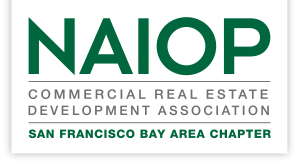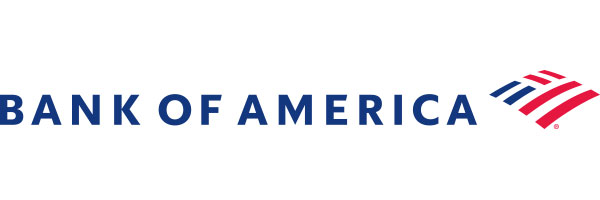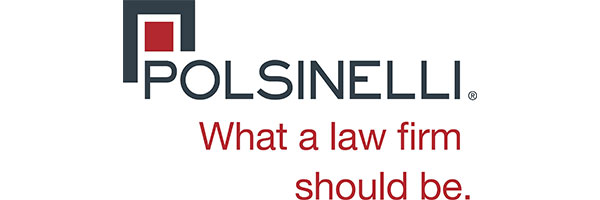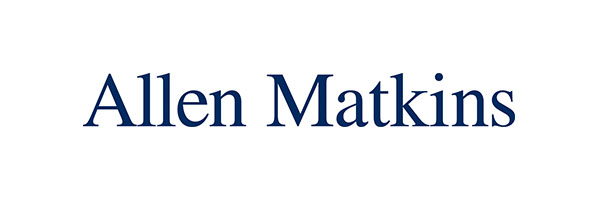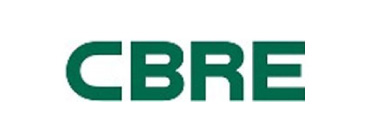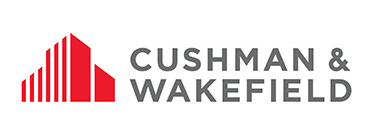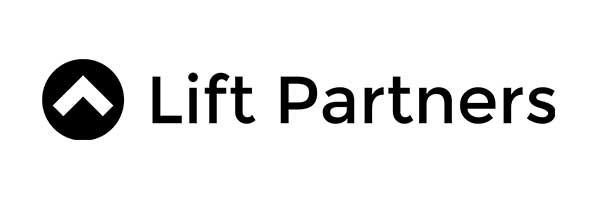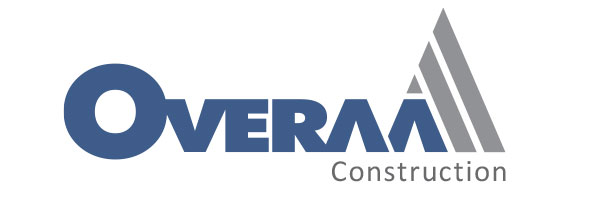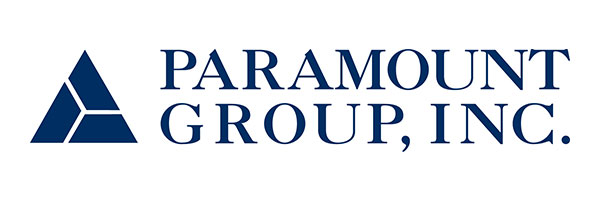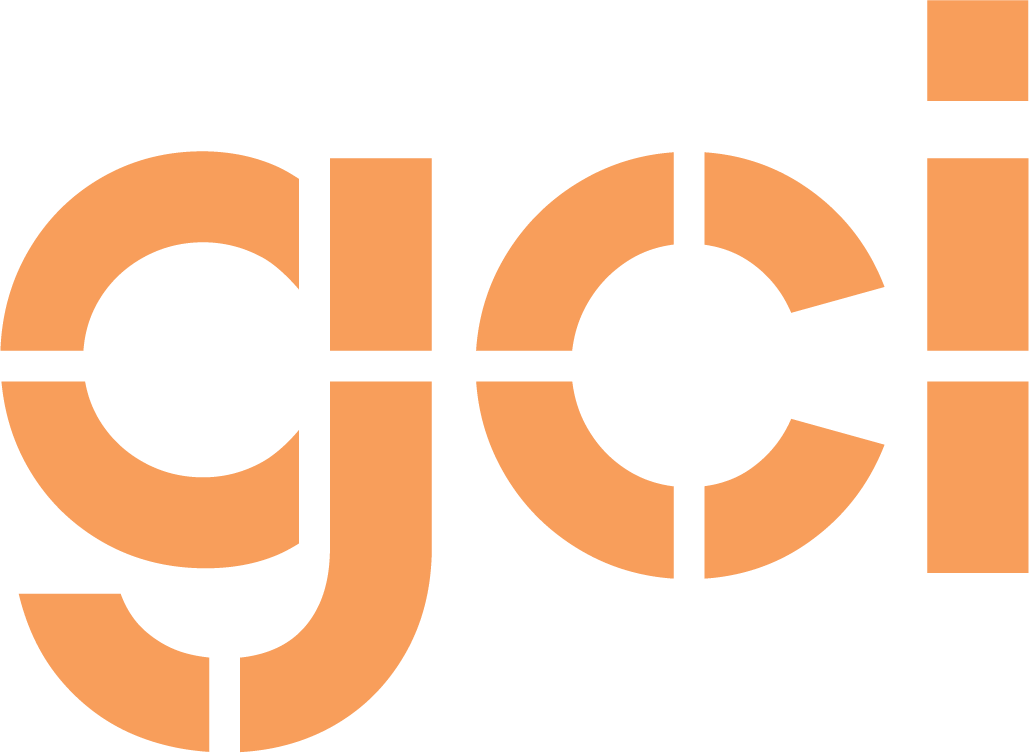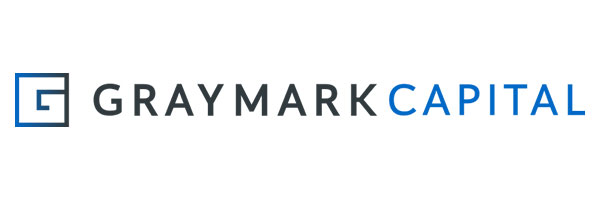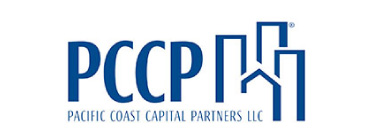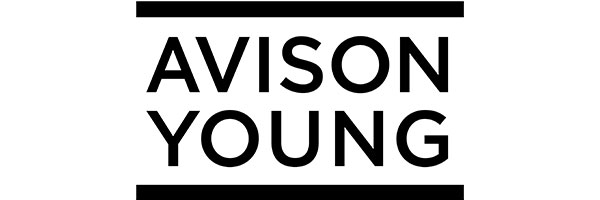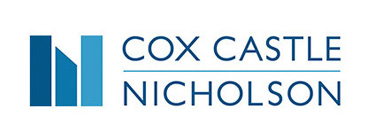CBPA's California Legislative Update 5/01/2020
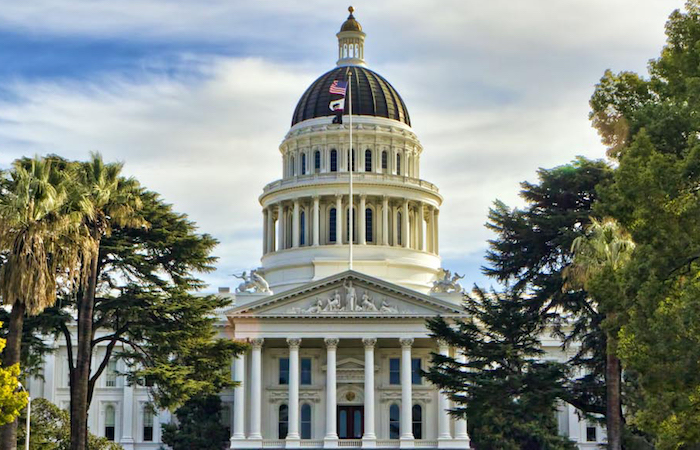
PARTNERS IN SAFELY RE-OPENING CALIFORNIA RETAIL AND SHOPPING VENUES
We are living in challenging times that none of us could have imagined. On March 19th Governor Newsom issued the “Stay at Home” order closing thousands of businesses, office buildings, retail centers, restaurants, and gyms and put millions of Californians out of work. All of you receiving this email understand completely what 43 days of being closed has meant to you.
To assist the government in reopening our state many business groups have been coordinating efforts to achieve that goal. We at CBPA have been working on every issue – from seeking Property Tax relief, to calling upon the Judicial Council to revise their orders, to providing information to the Governors’ Economic Council, all the while still addressing the legislative and regulatory issues facing us as well as continuing the battle against Split Roll tax.
Attached is a document that has been prepared in conjunction with the California Retailers Association to provide guidance from our industry to local governments. Because we are intertwined in so many ways – offices, shopping centers, distribution centers and retail – this is an important message. As you read this, we have reached out to a dozen counties that have expressed an interest in reopening their economies and we’re preparing to provide to all the remaining counties and all the city managers early next week. Thanks to those who have assisted in providing guidance from both ICSC and BOMA as well as individual owners who shared their plans.
Feel free to share this information with local policymakers and property owners/managers that are working their way through these issues.
CRA/CBPA Partners in Safely Re-Opening California Retail and Shopping Venues.
BUSINESS GROUPS ASKING FOR DELAY ON SCAG PLAN
Due to the COVID-19 statewide stay-at-home orders and difficulty to engage in a complicated planning process, several statewide and regional business groups are asking the Southern California Association of Governments (SCAG) to postpone its May 7, 2020 meeting.
On the agenda at that meeting is consideration of the proposed final 2020-2045 Regional Transportation Plan/Sustainable Communities Strategy “Connect SoCal” and its associated proposed final Program Environmental Impact Report.
With the severe disruption of business activity in last eight weeks, many groups have been unable to properly analyze the plan, solicit feedback from members, nor have been afforded appropriate opportunity to express concerns.
The request is simply to postpone action for 90 days, a request that is in line with many other actions to pause both public and private activity during this pandemic. Pausing this activity will allow the appropriate analysis and communication with impacted businesses and afford policymakers the opportunity to take all the analysis and information into account.
The COVID-19 pandemic that we are confronting coupled with the real questions about the integrity of the proposed final documents warrant such a delay.
PACIFIC LEGAL FOUNDATION: FAQ RE GOVERNMENT’S EMERGENCY ORDERS
Our friends at the Pacific Legal Foundation have put together a Frequently Asked Questions (FAQ) about legal issues related to the government’s emergency orders to combat Coronavirus.
This is MUST READ if you are a property owner as it provides legal answers, to the extent possible, to many question our industry currently has, including “Is PLF going to sue cities that have imposed a moratorium on property owners evicting tenants or collecting rent?”
Click here to read this important document.
WORKERS COMP AND COVID-19
As you know, we are facing one major issue after another trying to deal with the COVID-19 stay-at-home-order impact. Below is a story outlining issues related to the Worker’s Compensation system and attached is a letter from our industry and allied groups weighing in on the conversation about how the system should appropriately be engaged during this pandemic.
Employers in California’s workers’ compensation system, which had a cost of $23.5 Billion in 2018, are approximately 67% insured and 30.2% self-insured (the State of California makes up 2.8%).
As you know, California’s workers’ compensation system is a no-fault, employer-funded system that extends benefits for injuries and illnesses that occur on the job. Under existing rules, there needs to be some medical evidence that the illness was related to work. Employers are currently accepting COVID-19 claims, but some claims are likely to be denied because they are simply not work related or even lack any diagnosis of COVID 19.
There are proposals under consideration in various venues, and this letter responds to each of those to inform policymakers about issued related to each proposal.
We hope this letter will help you and your HR staff better understand some of the evolving issues related to employer responsibilities.
BUILDING CODE SUCCESSES! ELEVATORS & BIRDS
And now for some NON-COVID-19 related good news!
With the BSC Intervening Code Cycle entering the formal hearing stage, industry groups are faring very well.
Elevator Controls: At the request of industry, the Office of the State Fire Marshal has withdrawn a proposal to require a separate (and very costly) room for elevator controls. The current code allows for elevator controls to be placed in a room or area within the shaft. The LA Fire Department had strongly supported this change. Look for this proposal to be attempted again in 18 months.
Bird-Friendly Building Design: For the fourth time in ten years, the Audubon Society sponsored a proposal to place bird-friendly design standards into the Green Building Standards. This would have required an array of options intended to reduce bird-strike against the windows of commercial and multi-family buildings. Among the options were netting, mullions, bars, and window etching. In addition to the significant cost, most of these options raised security and/or fire safety risks. Lastly, most of these proposals conflicted with existing energy efficiency requirements for glazing. In 2017, this proposal missed passing by a one-vote margin. However, given the fire and life-safety risks associated with these measures, the fire service and building official representatives joined industry in opposing this proposal, which failed on a 9-0 vote this time.
FLAMMABLE REFRIGERANT BILL SHELVED FOR THE YEAR
In a move heartily applauded by industry, Assembly Member Bloom has decided not to pursue AB 3316 this year. This measure would have side-stepped the state and national code-adoption process. And, it would have required the Building Standards Commission to approve the use of what is known as A2L refrigerants for use in residential and light-commercial air conditioners. This refrigerant is currently allowed in large industrial A/C units.
The Air Resources Board strongly supports the use of A2L refrigerants as it significantly reduces the GHG emissions associated with A/C use. The national Uniform Mechanical Code prohibits the use of A2L refrigerant in the smaller units, as the gas in mildly flammable. A broad industry coalition had assembled to oppose this effort to have climate change interests trump fire and life safety needs. Industry welcomes the news that this bill will not be moving forward.
AMENDED BILL WOULD REQUIRE 25% STATEWIDE RENT REDUCTION
AB 828 (Ting; D-San Francisco) has been amended to, among other things, require a 25% statewide rent reduction for residential properties. This bill would devastate the rental market in California, and we have joined a coalition opposing the bill.
Click here to read the opposition letter to AB 828.
COVID-19 RESOURCES PAGE
The reaction to COVID-19 is fluid and fast. There are many sources of information out there and until things start to settle down will only send essential updates that impact our industry.
To that end, we have created a “COVID-19 Resources” page where we will collect and post information specific to commercial real estate. We will also link to local and national real estate resource pages.
We hope consolidating this information will help you as you work with local authorities on emergency response plans, shelter-in-place orders, defining “essential” businesses, and other important issues.
If you have pages that you find particularly helpful, please let us know and we will link to them.
CBPA 2020 CALENDAR
NOTE DUE TO THE COVID-19 PANDEMIC EVENTS ARE BEING ADJUSTED TO TELECONFERENCE OR PENDING SHELTER-IN-PLACE ORDERS BEING LIFTED
Tuesday, June 9: CBPA Annual Board Meeting – via Zoom
Wednesday, June 10: Online California Real Estate Summit – via Zoom
Thursday, November 5: CBPA Board Meeting – via Zoom
For more information on any of our events, please contact Melissa Stevens at 916-443-4676 or mstevens@cbpa.com.
